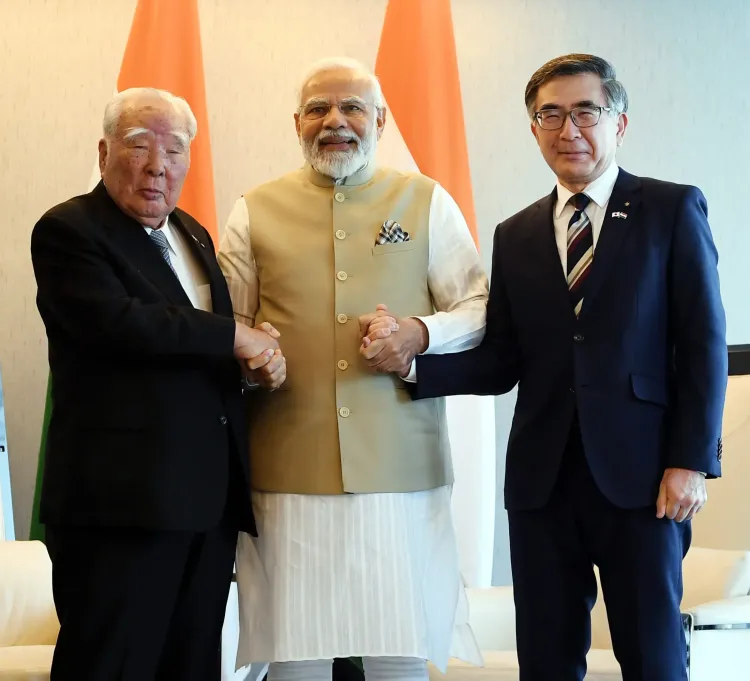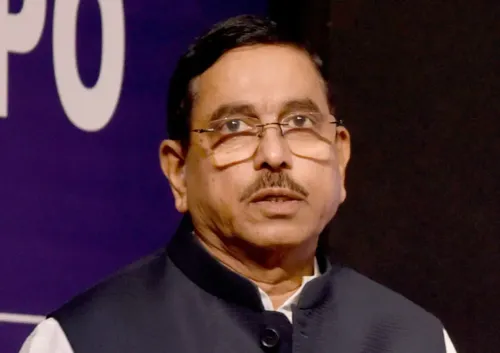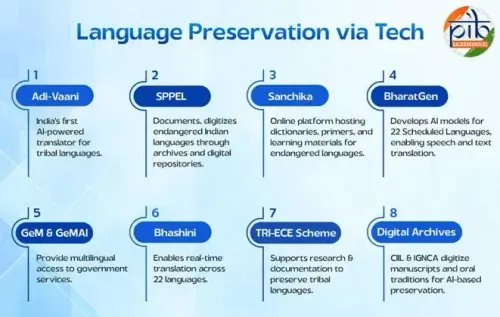Padma Vibhushan Honoree Osamu Suzuki: A Catalyst in the Automotive Sector

Synopsis
Key Takeaways
- Osamu Suzuki awarded Padma Vibhushan posthumously.
- Introduced the revolutionary Maruti 800 car in India.
- Transformed India's automotive sector over four decades.
- Established a strong partnership with the Indian government.
- Maintained a simple and frugal lifestyle.
New Delhi, Jan 25 (NationPress) Osamu Suzuki, the esteemed chairman of Suzuki Motor Corp, who was awarded the Padma Vibhushan posthumously, led the company for over 40 years and transformed India's automotive landscape with the launch of the iconic Maruti 800 small car.
He was one of seven distinguished individuals recognized with the Padma Vibhushan, one of India’s highest civilian accolades, on Saturday.
Osamu Suzuki, who passed away in late December last year at the age of 94, maintained a strong relationship with Prime Minister Narendra Modi.
According to PM Modi, Osamu Suzuki was a legendary icon in the worldwide automotive sector.
“His innovative contributions redefined global perspectives on mobility. Under his guidance, Suzuki Motor Corporation evolved into a global giant, adeptly overcoming hurdles, fostering innovation, and expanding its reach. He held a deep love for India, and his partnership with Maruti transformed the Indian automotive industry,” the Prime Minister wrote on the X social media platform.
A former bank employee, Osamu Suzuki found his footing in the automotive world following his marriage to Shoko Suzuki, the granddaughter of Michio Suzuki, who established the predecessor to Suzuki Motor in 1909. He adopted his wife's surname, following Japanese traditions in the absence of male heirs.
His entry into India marked a pivotal moment, as the massive market, burdened with outdated technology from Ambassador and Fiat cars, surged in demand for the Maruti 800 small car. Customer waiting lists extended up to three years, with the car fetching premiums in the second-hand market.
Suzuki Motor agreed to form a partnership with the Indian government outside of New Delhi and acquired a 26% stake in the state-run manufacturer Maruti Udyog in 1982. By December 1983, the venture launched the Maruti 800, which instantly became a sensation.
Maruti, now a subsidiary of Suzuki Motor, rapidly ascended to become India's largest car producer, maintaining over 40% of the market share.
Osamu Suzuki's tenure of over 28 years as president made him the longest-serving leader of a global automaker. After resigning as president in 2000, he took on roles as Chairman and Chief Executive Officer. He returned as president at the age of 78 in December 2008, amid predictions of the company's first profit decline in eight years due to the global recession.
Suzuki later transferred the presidency to his son in June 2015 and continued as Chairman and CEO, but stepped down as CEO after a notable fuel-economy scandal.
Known for his simple lifestyle, Suzuki was recognized for flying economy class even in his later years, reflecting his frugal habits.









